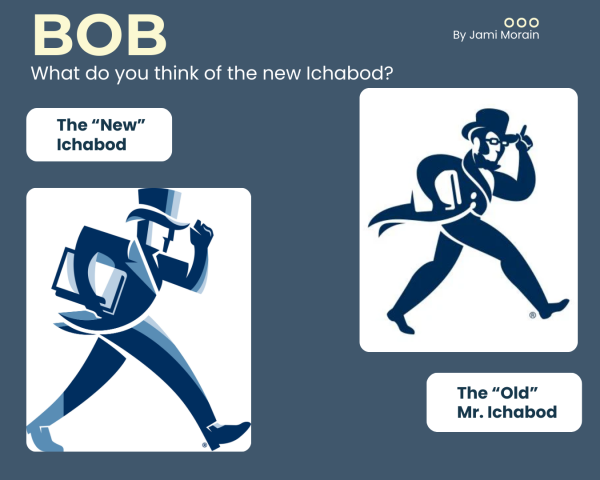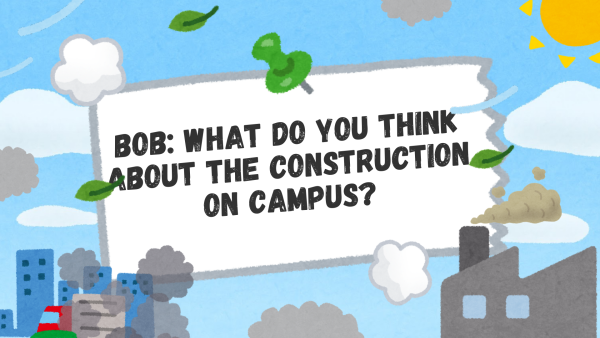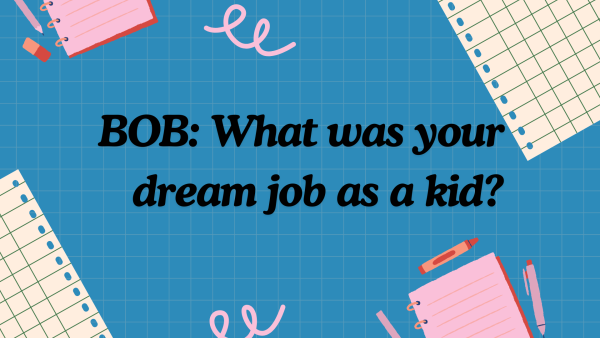The impact of college stress on students’ eating habits

College life represents the transition from adolescence to adulthood. Students’ lives change as a result of academic challenges, college/university environments, peers, being away from parents/family, societal expectations and personal aspirations.
The social, academic and emotional difficulties of this transition can cause stress and anxiety in college students. Most college students tend to deal with stress in unhealthy ways. Unhealthy food habit is one particular strategy that students frequently adopt to deal with their stress.
The rapid development of eating behavior is influenced by a variety of factors. According to research, eating behavior during adolescence and college years is influenced by home environments, which includes the types of foods stocked at home, the types of food available and accessible and parental eating/food behavior.
The food we consume plays a key role in maintaining our stress levels. According to Tiffany McManis, director of student health services at Washburn University, food can have a powerful impact on mood, stress level and mental health.
“When we are eating an unhealthy diet, we feel less energetic, this lack of energy can decrease our productivity and increase our stress level leading to further poor health and feeling short-tempered or overly emotional,” McManis said.
People eat their comfort foods to relax whenever they are stressed out. College students are no exception. As they transition from adolescence to adulthood, their erratic schedules prevent them from consuming a healthy and balanced diet.
According to Molly Stephens-Herman, social worker and university counselor for Washburn Counseling Services, the pressure that comes with a student’s busy schedule influences food choices, and there are numerous ways that stress can impact our diet.
“The lack of enough time to make food at home leads them to choose readily available food,” Herman said. “The way stress affects somebody is different for different people. It can cause us to make less healthy choices or it can cause us to eat more or less than we normally eat.”
McManis also mentioned how students who are stressed may lack the time or motivation to prepare nutritious, balanced meals or they may skip or forget to eat meals.
College students rely on caffeine to get through the day. The lack of sleep causes the students to take to stimulants like caffeine and high-calorie snacks to increase their energy. These stimulants are mostly artificial and can hurt their health in ways such as caffeine addiction, obesity or overeating.
Tucker Jones, assistant professor of psychology at Washburn University expressed his opinions on how stress impacts on eating behaviors of students and why we crave ‘comfort foods’ whenever we are stressed.
“We may be a lot more impulsive and go for our comfort foods when we feel down, foods that have high sugar and carbohydrates,” Jones said. “There’s a funny saying DESSERTS spelled backward is STRESSED. This kind of food gives a boost to dopamine and neurotransmitters that make us feel better. It can be a very rewarding experience so the next time we feel stressed, we repeat those behaviors more quickly.”
Students use food as a coping mechanism for their stress and academic workload. They develop the habit of emotional eating which focuses on emotion and not on solving the problem and stress.
“Emotional eating can be helpful for the short term, but if we are only focusing on eating those emotions and not getting to the root cause of that stress, it could become a potentially vicious cycle,” said Jones. “We are just putting the band-aid on it.”
College life can be difficult at times and stress can surface up in a variety of ways, including through eating habits. Students who are under academic, social and emotional stress may develop unhealthy eating habits and emotional eating as coping strategies.
It is difficult to address by ourselves if we are engaging in unhealthy eating habits. We are unaware of our own behaviors when we focus on dealing with emotions.
“The signs that I would potentially look out for is if I am experiencing any anxiety when it’s time to eat,” Herman said. “If I am not responding to my hunger cues or if you are purposely restricting your calorie intake or if you feel like you have unhealthy eating habits, that would be enough for me as a sign that I should ask for help.”
A way to avoid dealing with stress is to avoid manifesting unhealthy eating habits. Finding more coping mechanisms for stress such as exercise, meditation, doing things you love or talking to counselors may help to overcome the unhealthy eating habits.
Edited by Tiana Smith and Simran Shrestha
Your donation will support the student journalists of Washburn University. Your contribution will allow us to purchase equipment and cover our annual website hosting costs.








